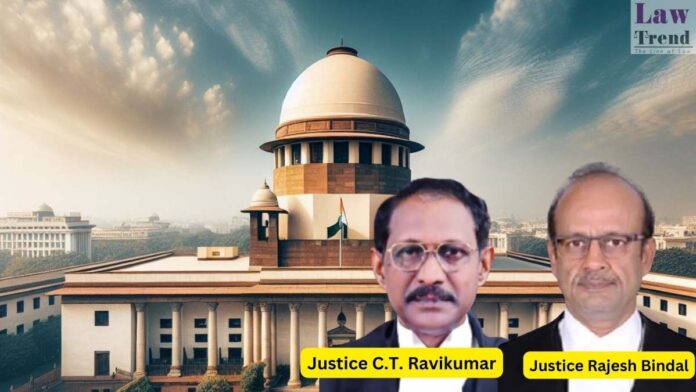In a landmark judgment in Civil Appeal No. 7578 of 2023, the Supreme Court of India affirmed that the mere registration of a Will does not confer its validity. The bench comprising Justice C.T. Ravikumar and Justice Rajesh Bindal delivered the ruling on 2 January 2025, dismissing an appeal filed by Leela and her sons,
To Read More Please Subscribe to VIP Membership for Unlimited Access to All the Articles, Download Available Copies of Judgments/Order, Acess to Central/State Bare Acts, Advertisement Free Content, Access to More than 4000 Legal Drafts( Readymade Editable Formats of Suits, Petitions, Writs, Legal Notices, Divorce Petitions, 138 Notices, Bail Applications etc.) in Hindi and English.




